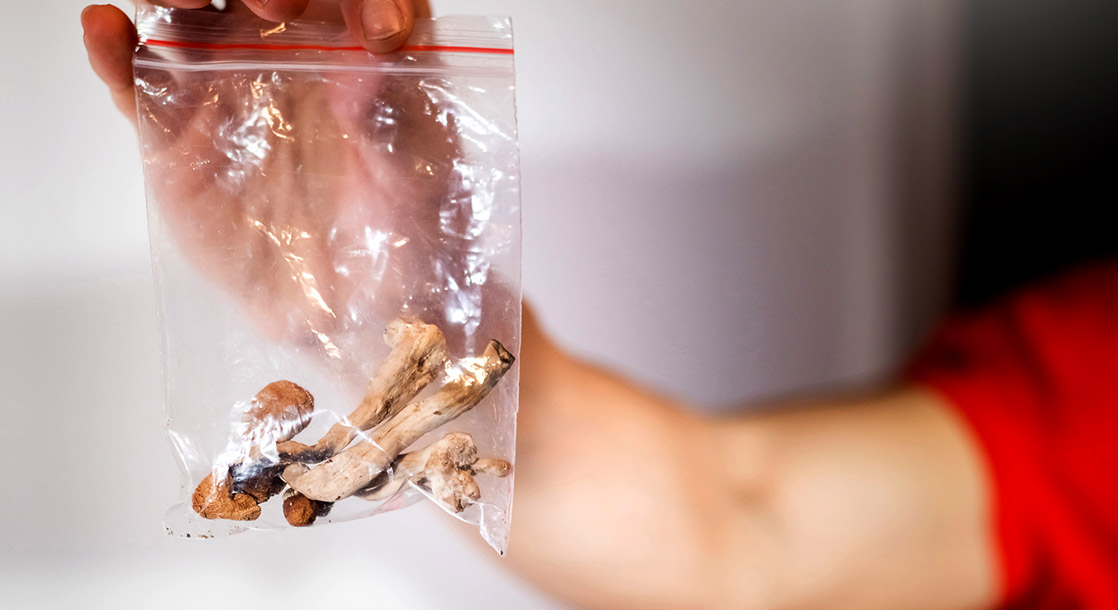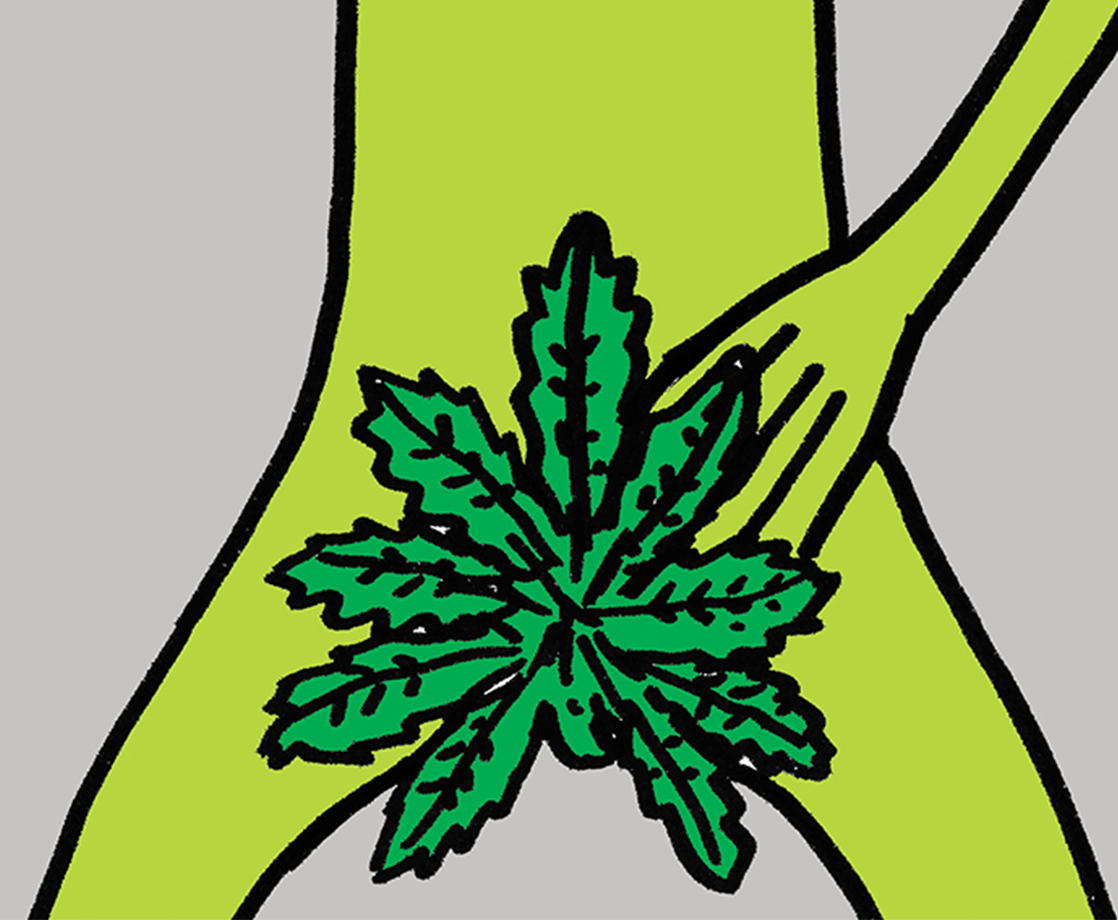Cover image via
A board of Denver lawmakers, prosecutors, and cops has recommended that the city expand its successful psilocybin decriminalization policy by allowing adults to share shrooms and consume them communally.
In May 2019, Denver became the first US city to officially decriminalize the possession of psilocybin-containing mushrooms. This voter-approved ordinance prevents prosecutors and cops from using city funds to investigate or prosecute minor psilocybin possession cases, effectively making shroom possession the city’s lowest law enforcement priority.
The ordinance also established the Denver Psilocybin Mushroom Policy Review Panel, a board of city officials tasked with studying the impact of the new policy on the city at large. This March, the panel unanimously agreed that decriminalizing psilocybin has not led to any significant public health or safety issues.
“After over a year of regular meetings, research and education from members of the psychedelic community in Denver and nationally, data collection, and insightful discussion, the Panel unanimously agreed that decriminalizing psilocybin mushrooms in Denver has not since presented any significant public health or safety risk in the city,” the board wrote, Marijuana Moment reports.
In 2018, before the ordinance passed, city cops arrested 44 people for psilocybin-related crimes. Since the decriminalization policy took effect over two years ago, there have only been 47 such arrests. Nearly all, or 90 percent, of these arrests were for people who were caught with other illegal drugs in addition to shrooms, or for people possessing more psilocybin than the ordinance allowed. Only 6 percent of these cases ended up advancing to sentencing, and another 11 percent involve open warrants.
Next month, the panel will present a report to the City Council recommending that the city further expand its psilocybin policies. The report notes that although the personal possession of shrooms is decriminalized, anyone caught giving a mushroom to a friend can still be charged with felony distribution under state law. For this reason, the panel recommends that the city “should allow for individuals to gift and exchange personal amounts of psilocybin mushrooms without law enforcement intervention.”
In addition to decriminalizing psilocybin gifting, the panel recommends that the city make the communal use of shrooms its lowest law enforcement priority. The report suggests that the city should allow cooperatives, community organizations, or other groups to create safe, therapeutic sites for people to use psilocybin together. Additionally, the panel asks the city council to “wholeheartedly embrace” the potential of using psilocybin-assisted therapy to address mental health issues throughout the city.
The report also recommends that the city train cops and first responders to recognize, and safely treat, people who are having bad trips or undergoing other psychedelic crises. To further promote public safety, the panel also recommends that the city create public service announcements to educate people about safe psilocybin use and risk reduction services.
“Psilocybin in the United States isn’t so much an industry as it is a rapidly emerging ecosystem already influencing healthcare, politics, finance, technology, and religion, and has the potential to innovate and transform the landscape of American society,” the report concludes, according to Marijuana Moment. “Because of this potential, much of the responsibility falls on lawmakers and policymakers to no longer deny human history, honor traditional psilocybin use, and ensure that future policy reform centers psilocybin access to populations who can benefit from it the most.”
Denver’s psilocybin ordinance kicked off a whole wave of psychedelics decriminalization and legalization efforts across the US. Since 2019, Oakland, Santa Cruz, Ann Arbor, and Seattle have all enacted similar psychedelics decriminalization policies. Last year, Oregon became the first state to fully legalize psilocybin-assisted therapy, and lawmakers in California, New Hampshire, Kansas, New York, Massachusetts and Vermont have proposed bills to bring psychedelics reform to their own states.











